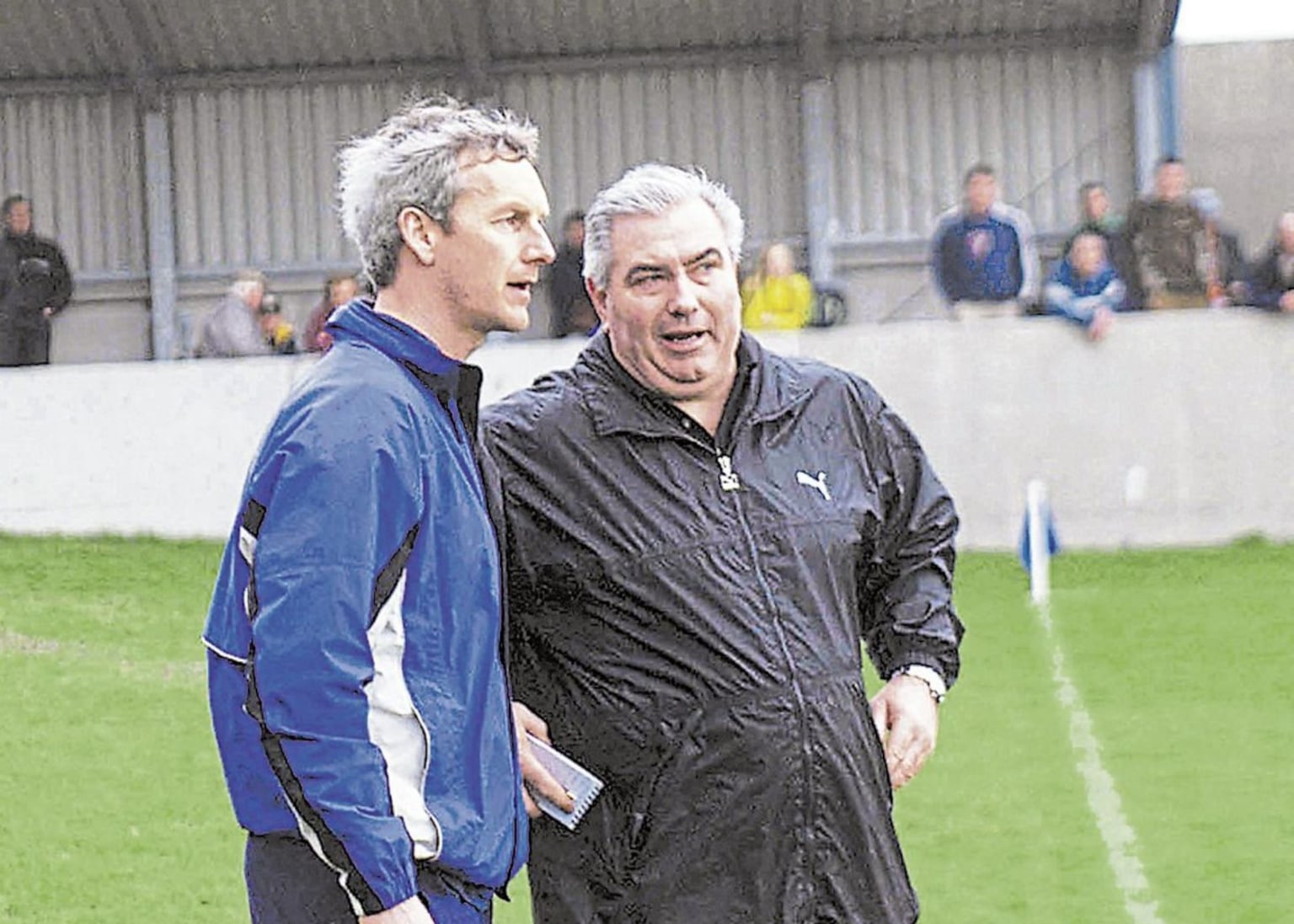
The Power of Knowledge and the Art of Half-Time Talks
The saying “A little knowledge is a dangerous thing” is often cited, but its origins are more nuanced. In fact, the original phrase was written by Alexander Pope in 1711 as “A little learning is a dangerous thing.” This subtle difference highlights a deeper message about the value of education and the risks of believing one knows everything. Learning is not just about accumulating facts—it’s about understanding the limits of what you know and remaining open to new ideas.
This concept extends beyond academic pursuits. In sports, for example, the importance of half-time team talks has become a subject of intense interest. Eamon Devlin, a consultant from south Armagh, has dedicated his work to exploring this area. His firm, Minute 9, takes its name from an experience involving his young daughter during a soccer match in Switzerland. However, the term also suggests that the earliest time managers should enter the dressing room at half-time might be after the first nine minutes of the game.
Devlin’s insights have gained traction among some of the most successful teams in English football, including Brentford and Brighton. Their managers, Keith Andrews and Fabian Hurzeler, respectively, represent diverse backgrounds—Irish and German/Swiss/American. This contrasts sharply with the culture of English soccer, where few managers have sought Devlin’s expertise. This reluctance may stem from deep-seated biases or a resistance to outside influence.
Interestingly, the Gaelic Athletic Association (GAA) has shown greater openness to such ideas. Many GAA managers prefer to avoid seeking input from their players, which can create a rigid environment. In contrast, the GAA population is highly educated, which may explain why some managers hesitate to engage with their teams. A changing room filled with only the manager’s voice could resemble a “turkey farm,” with the boss wishing it were mid-December.
Joe Kernan, who led Armagh to their first All-Ireland title in 2002, exemplified the power of collaboration. He surrounded himself with experts, much like the legendary soccer manager Alex Ferguson. Similarly, Kerry’s Jack O’Connor frequently changed his advisors, contributing to his success over multiple spells. Kernan not only relied on collective wisdom but also publicly acknowledged it, setting a standard for leadership.
Kernan’s legacy includes Kieran ‘Geezer’ McGeeney, who learned from his mentor despite a fascination with names. Other key figures, such as Kieran Donaghy, Ciaran McKeever, and Ciaran McKinney, played vital roles in bringing the Sam Maguire Cup back to Armagh. Their contributions highlight the importance of teamwork and shared knowledge.
The role of half-time discussions cannot be overstated. Unlike post-match media interactions, which often focus on future narratives, half-time is a critical moment for real-time adjustments. Managers like Arne Slot, currently at Liverpool FC, have demonstrated how effective second-half changes can be. Devlin’s methods can lead to significant improvements in the opening minutes of the second half if properly implemented.
Carlo Ancelotti, one of modern football’s most successful managers, has also adopted Devlin’s insights. His ability to adapt and improve performance in crucial moments underscores the value of informed decision-making.
Personal connections have also played a role in Devlin’s journey. I had the opportunity to speak with Benny Tierney, the goalkeeper for Orchard County, after a match. His account of Joe Kernan’s half-time speech during the 2002 All-Ireland Final was pivotal. Kernan’s dramatic act of smashing his old plaque on the ground inspired the team to victory against Kerry. This story, though often cliché, reflects the impact of meaningful communication in high-pressure situations.
Ultimately, the effectiveness of half-time talks depends on their intelligence and relevance. Whether in sports or other fields, the ability to listen, adapt, and act on valuable insights can make all the difference. As we continue to explore these ideas, it becomes clear that true knowledge is not just about what we know, but how we use it.